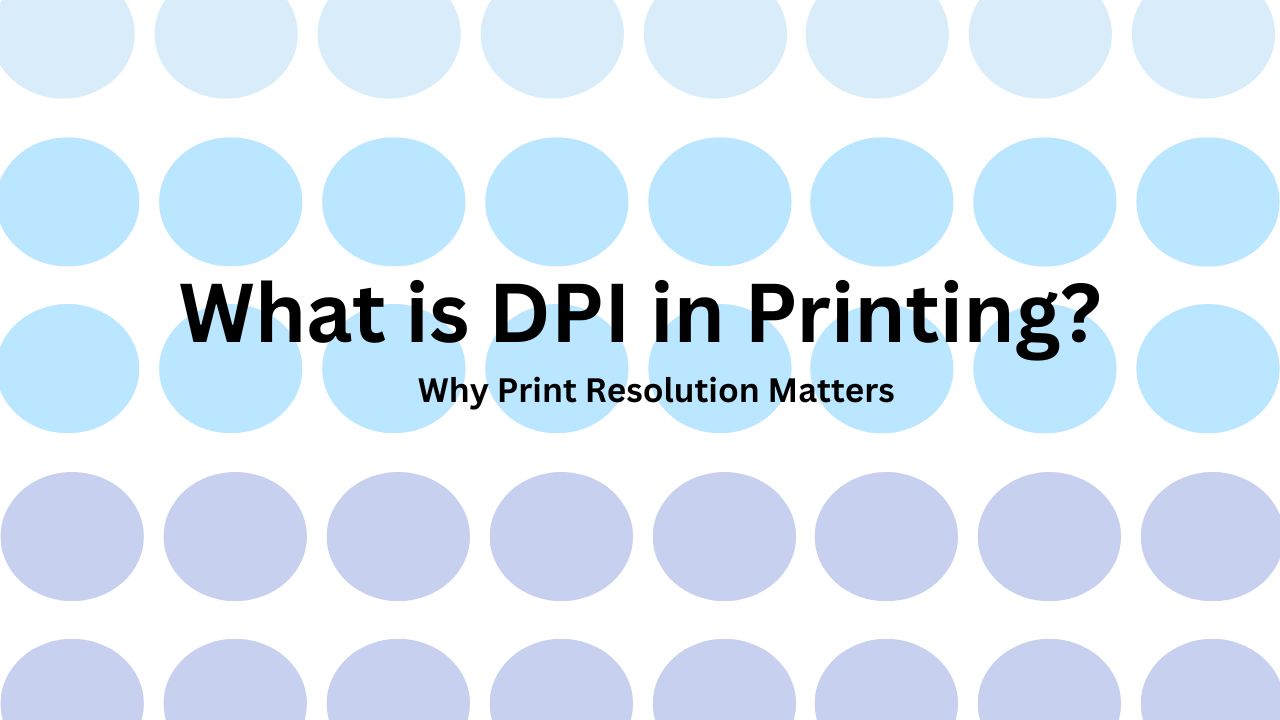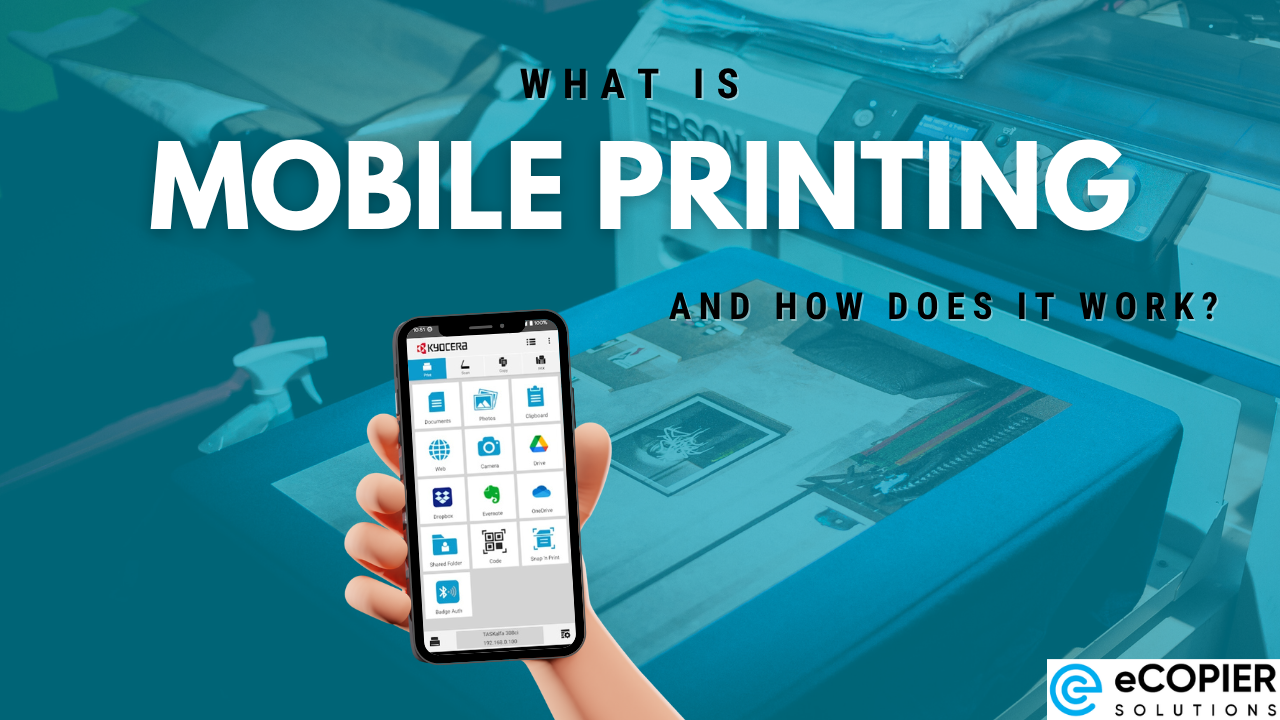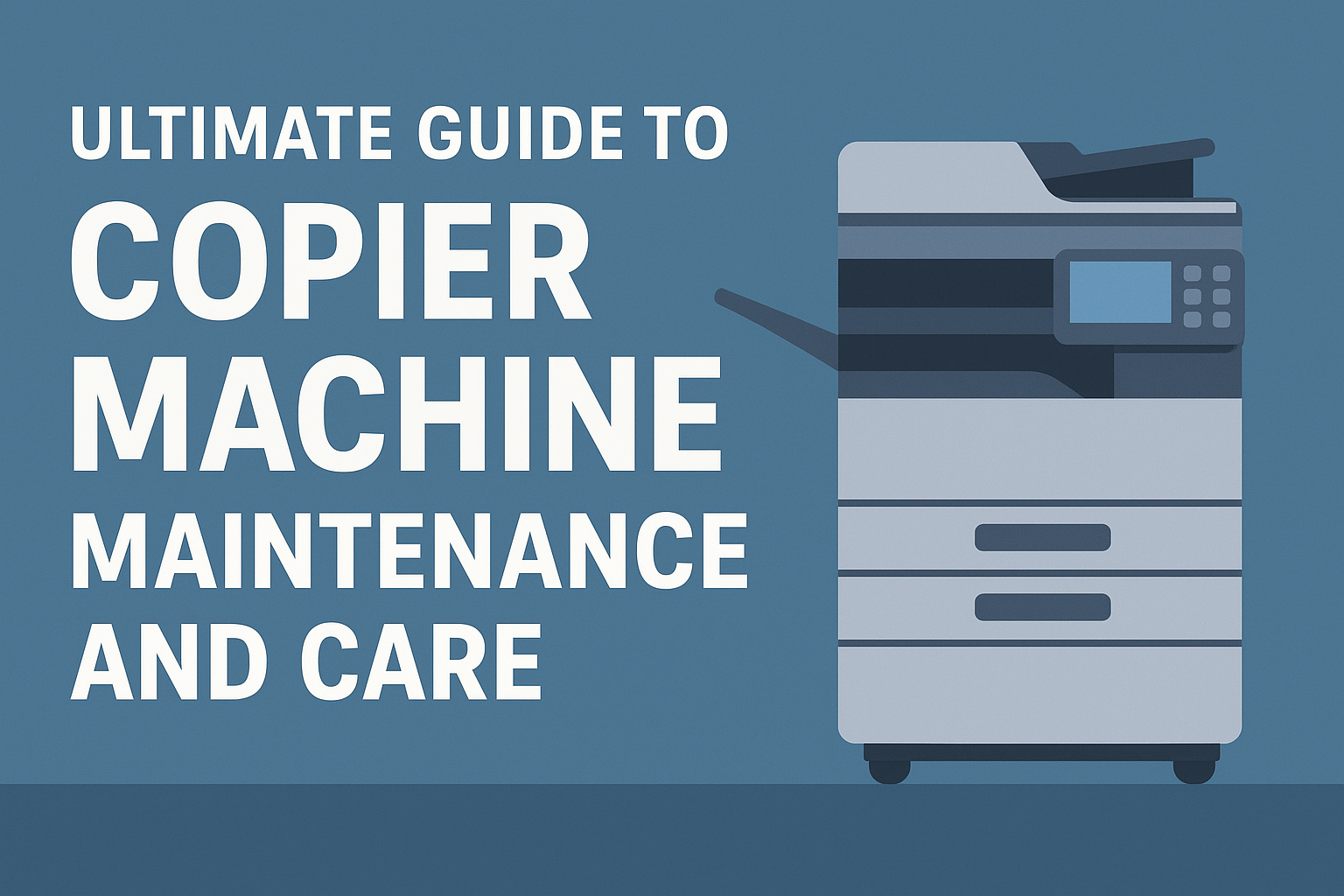Understanding Storage Solutions
In the realm of data management, storage plays a pivotal role in ensuring the seamless operation of modern systems. Whether it's for personal use or large-scale enterprises, the choice between distributed storage and centralized storage can significantly impact data accessibility, scalability, and reliability.

Importance of Storage in Modern Systems
The digital era has ushered in an unprecedented volume of data, underscoring the critical importance of efficient storage solutions. From safeguarding sensitive information to enabling rapid data retrieval, storage systems form the backbone of our increasingly data-driven world.
Overview of Distributed Storage vs. Centralized Storage
Distributed storage and centralized storage represent contrasting approaches to data storage architecture. While centralized storage consolidates data in a single location, distributed storage disperses data across multiple nodes or locations. Understanding the characteristics, advantages, and challenges of each storage model is essential for making informed decisions regarding data management strategies.
Distributed Storage
Definition and Characteristics
Distributed storage refers to a storage architecture where data is stored on multiple networked servers or nodes, typically located in different geographic locations. This decentralized approach allows for data redundancy and increased fault tolerance as data is replicated across multiple locations. The characteristics of distributed storage include:
- Data Replication: Copies of data are stored on multiple servers to ensure data durability and availability.
- Scalability: Distributed storage systems can easily scale by adding more storage nodes as the data volume increases.
- Fault Tolerance: If one node fails, data can still be retrieved from other nodes, preventing data loss.
- Load Balancing: Data distribution across multiple nodes helps distribute the workload efficiently.
Advantages of Distributed Storage
Distributed storage offers several advantages over centralized storage systems, including:

Challenges of Distributed Storage
Despite its benefits, distributed storage also comes with its own set of challenges, such as:

Understanding the definition, advantages, and challenges of distributed storage is essential when considering the best storage solution for your data needs. By weighing these factors carefully, organizations can make informed decisions on whether distributed storage aligns with their requirements for data reliability, scalability, and performance.
Centralized Storage
When it comes to storage solutions, centralized storage plays a pivotal role in efficiently managing data within modern systems. Let's delve into the definition, characteristics, advantages, and challenges associated with centralized storage.
Definition and Characteristics
Centralized storage involves consolidating all data in a single, dedicated location within a network. This centralized repository serves as a hub for storing, managing, and accessing data across the organization. By centralizing storage, businesses can streamline data management and ensure that information is easily accessible to authorized users.
Characteristics of centralized storage include:
- Single storage location for all data.
- Controlled access and permissions.
- Simplified data backup and disaster recovery processes.
- Centralized monitoring and management of storage resources.
Advantages of Centralized Storage
Centralized storage offers several advantages for organizations:
Advantages of Centralized Storage
Efficient data management and organization.
Simplified data backup and recovery processes.
Enhanced data security through centralized access controls.
Streamlined data sharing and collaboration.
Scalability to accommodate growing storage needs.
Challenges of Centralized Storage
Although centralized storage offers numerous benefits, it also comes with its own set of challenges:
Challenges of Centralized Storage
Single point of failure, leading to potential data loss if the centralized storage system falters.
Concerns over data accessibility in case of network outages or maintenance issues.
Increased risk of data breaches if the centralized storage system is compromised.
Limited flexibility in catering to diverse data management requirements across different departments.
Dependency on robust network infrastructure for seamless data access and retrieval.
Understanding the nuances of centralized storage, including its advantages and challenges, is essential for organizations looking to optimize their data storage strategies and enhance overall operational efficiency.
Comparing Distributed and Centralized Storage
When considering the storage solutions available for your data management needs, it's essential to compare the characteristics of distributed storage and centralized storage across key aspects. Let's delve into the comparison of these two storage architectures based on scalability, accessibility, and reliability.
Scalability

Scalability plays a crucial role in accommodating the increasing volume of data within an organization. Distributed storage systems have an edge in scalability, offering the flexibility to scale storage resources horizontally by adding more nodes. On the other hand, centralized storage, with its reliance on a single storage unit, may encounter limitations when attempting to scale up resources.
Accessibility

Accessibility refers to the ease of retrieving and managing data within a storage system. Distributed storage solutions offer enhanced accessibility by distributing data across multiple nodes, facilitating faster data access and reducing latency. However, centralized storage may encounter accessibility issues during network disruptions or system failures, impacting data availability and operational efficiency.
Reliability

Reliability is critical for ensuring the integrity and sustainability of data storage. Distributed storage systems excel in reliability by implementing data replication across multiple nodes, ensuring data redundancy and fault tolerance to minimize the risk of data loss. In contrast, centralized storage may face reliability challenges as a single storage repository carries a higher risk of data loss in the event of hardware failures or system malfunctions.
By comparing the scalability, accessibility, and reliability of distributed storage and centralized storage solutions, organizations can make informed decisions based on their specific data management requirements and operational needs. Understanding the distinct advantages and challenges of each storage architecture is essential for implementing a robust and efficient storage solution that aligns with the organization's objectives and data management strategies.
Implementing the Right Storage Solution
When it comes to choosing the optimal storage solution for your data needs, careful consideration of various factors is essential. Whether deciding between distributed storage or centralized storage, understanding key considerations, exploring hybrid storage solutions, and staying updated on future trends can help in making informed decisions.
Factors to Consider
Before determining the most suitable storage solution, several factors must be taken into account:
- Scalability: Assess the scalability requirements of your data storage system to accommodate future growth without compromising performance or efficiency.
- Accessibility: Evaluate the accessibility needs of your data, considering factors like speed of access, ease of retrieval, and compliance requirements.
- Reliability: Consider the reliability and fault tolerance capabilities of the storage solution to ensure data integrity and availability, especially in critical applications.
- Cost: Analyze the cost implications associated with both distributed and centralized storage options, considering upfront costs, maintenance expenses, and scalability expenses.
Hybrid Storage Solutions
In certain cases, a hybrid storage approach might be the most effective solution. Hybrid storage combines elements of both distributed and centralized storage to leverage the benefits of each model. This approach allows organizations to optimize performance, cost-effectiveness, and data accessibility based on specific needs.
By integrating distributed and centralized storage systems, organizations can achieve a balanced combination of scalability, accessibility, and reliability. Hybrid storage solutions enable organizations to customize their data storage infrastructure according to workload requirements, regulatory demands, and budget constraints.
Future Trends in Data Storage
As technology continues to evolve, the future of data storage is expected to witness several trends that could shape the industry's landscape. Organizations must stay ahead of these developments to remain competitive and efficient in managing their ever-growing data needs. Some emerging trends in data storage include:
- Data Virtualization: Enhancing data management capabilities through virtualization technologies to simplify data access and utilization. This approach allows organizations to create abstract views of their data, making it easier to integrate and analyze information from multiple sources without physical data movement.
- Edge Computing: Leveraging edge computing infrastructure to process and store data closer to the source, enabling faster data processing and reduced latency. This is particularly crucial for IoT devices and applications requiring real-time data processing capabilities.
- Cloud Integration: Integrating on-premises storage solutions with cloud storage services to create a seamless and flexible data storage environment. Hybrid cloud solutions offer organizations the best of both worlds, combining the security of private infrastructure with the scalability of public cloud services.
- Security Enhancements: Implementing advanced security measures and encryption protocols to safeguard data against cyber threats and unauthorized access. As data breaches become more sophisticated, organizations must adopt robust security frameworks and regular security audits.
- AI-Driven Storage Management: Utilizing artificial intelligence and machine learning algorithms to optimize storage allocation, predict maintenance needs, and automate routine storage management tasks.
- Sustainable Storage Solutions: Implementing eco-friendly storage technologies and practices to reduce energy consumption and environmental impact while maintaining high performance and reliability.
By staying informed about evolving trends and technological advancements in data storage, organizations can proactively adapt their storage strategies to meet future demands and maintain competitive advantages in their respective industries. The key to success lies in selecting the right combination of storage solutions that align with specific business needs while ensuring scalability, security, and cost-effectiveness.
Sources
https://hostkey.com/blog/53-what-is-distributed-storage/
https://www.geeksforgeeks.org/difference-between-centralized-database-and-distributed-database/





.jpg)

























